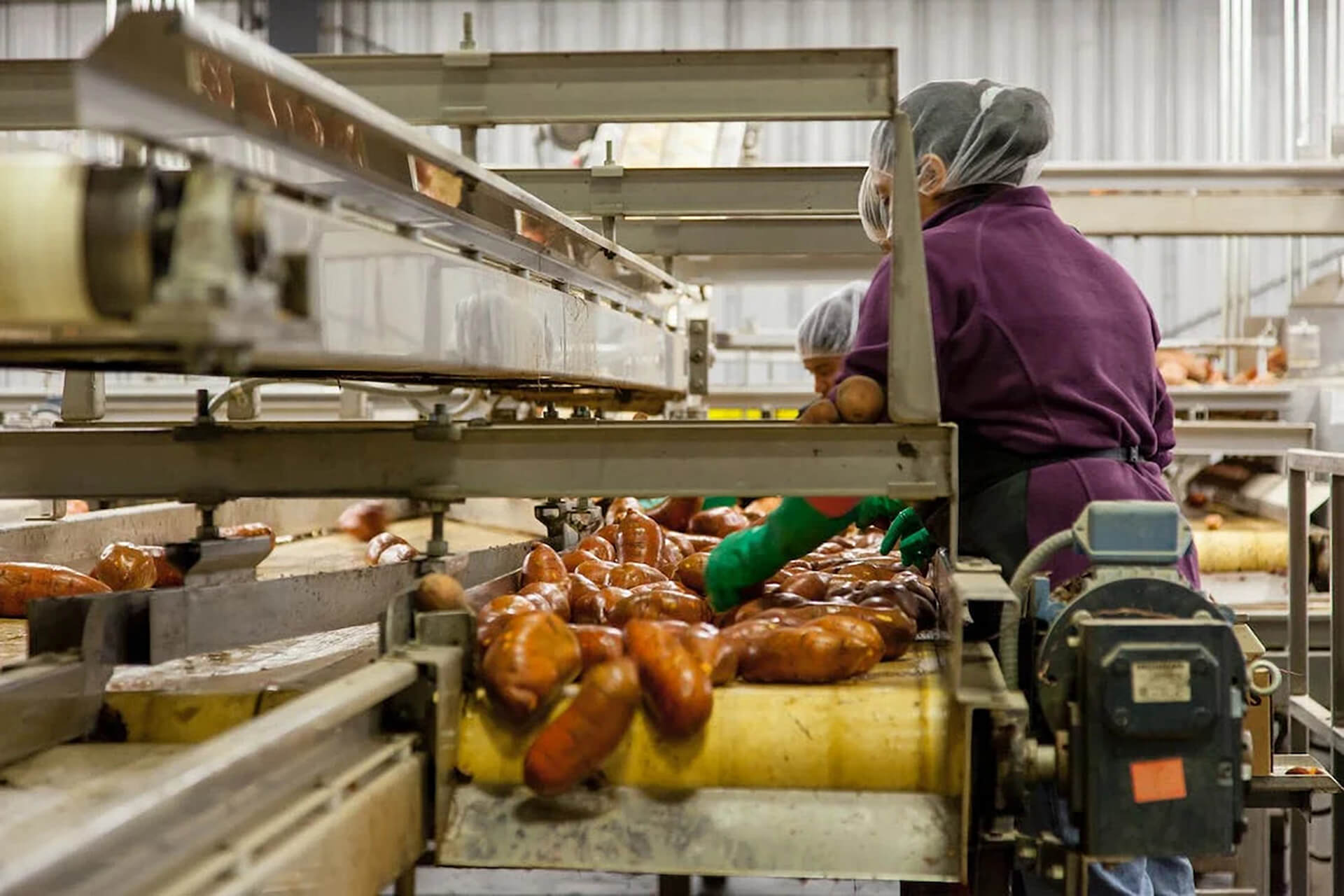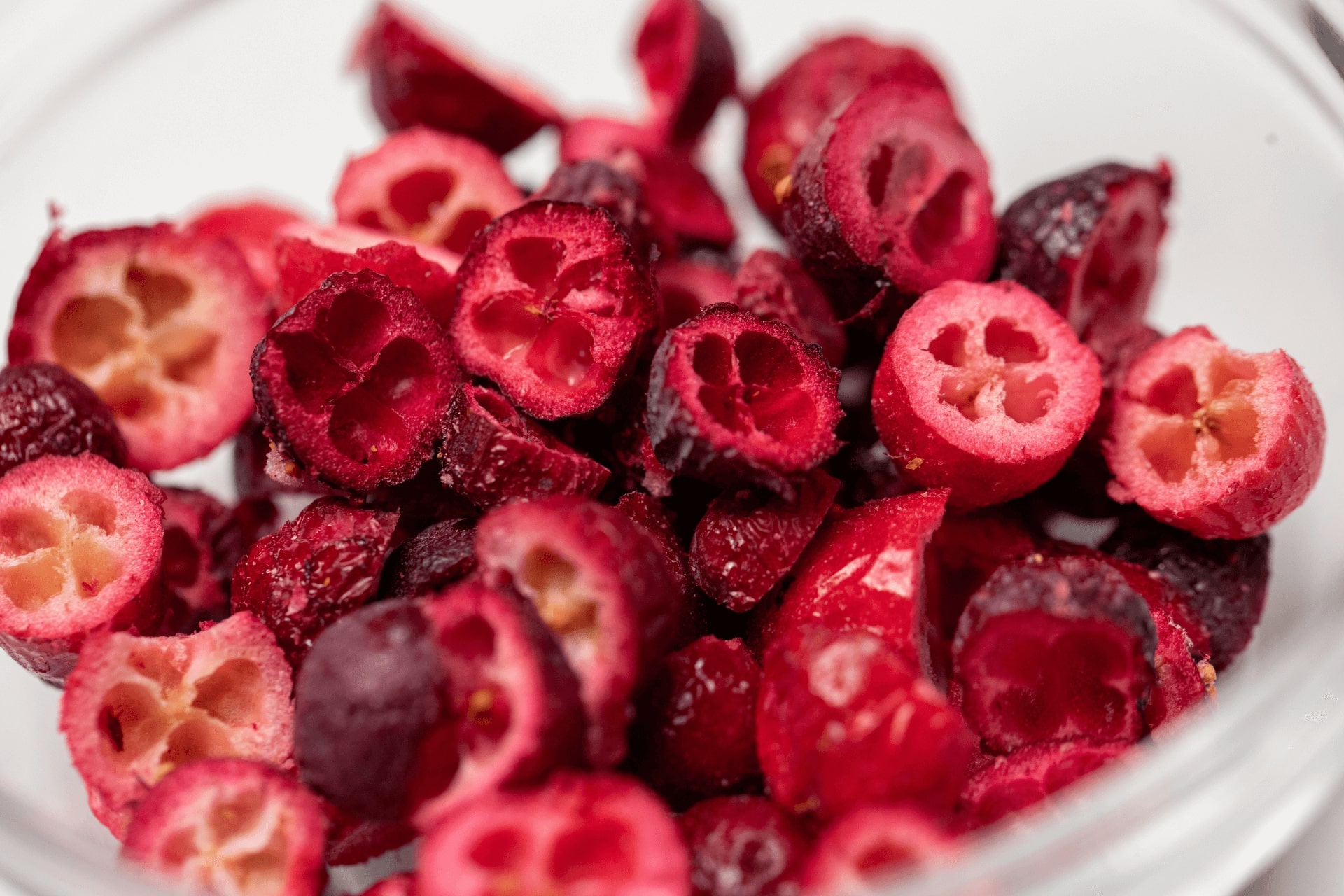If you are thinking of freeze drying your foods and you’re concerned about their safety, you might be asking, “Does freeze-drying kill bacteria?”
This article answers this question in detail and explains the effects of freeze drying on other microorganisms. Moreover, we’ll show you ways to properly store your freeze-dried food.
What is Freeze Drying?
Freeze drying, also called lyophilization, is a food preservation technique that removes a product’s water content using three steps:
- Freezing
- Primary drying
- Secondary drying
Using these steps, freeze drying ensures that moisture gets removed from frozen food without passing through the liquid phase. This means that solid ice turns to vapor — or the scientific principle called “sublimation” [*].
Does Freeze Drying Food Kill Bacteria?
As a healthy food preservation technique, freeze drying works well for keeping nutrients, taste, and color of foods intact. Studies also show that it is even more effective at preserving ascorbic acid (e.g. foods like tomatoes and asparagus) [*].
But what about bacteria? Does it destroy them? The answer is no. Freeze drying does not kill bacteria; however, it slows down or inhibits their growth by removing water.
Keep in mind that bacteria thrive in moist environments and this is why foods with higher water content, such as fresh fruits, veggies, and raw meat, have a risk of getting contaminated. So as long as freeze-dried food is properly stored away from moisture, there is no reason for harmful bacteria to thrive.
On a different note, freeze drying in the pharmaceuticals industry is usually done for the long-term storage of bacterial strains.
Does Freeze Drying Kill Pathogens?
Aside from bacteria, other pathogens include viruses and parasites. They cause many diseases, such as food poisoning or gastroenteritis. Here’s how freeze drying affects these pathogens:
Viruses
Viruses are not killed through freeze drying, similar to what happens with bacteria. For instance, if you freeze-dry raw meat as pet food, the viruses that are present in beef will simply go into hibernation mode rather than die. Hence, cooking meat before freeze drying helps eliminate viruses [*].
Parasites
Some parasites hide in raw and undercooked animal products, such as tapeworm, Ascaris, and Giardia. Contamination can cause stomach cramps, diarrhea, and vomiting. The good news is that thoroughly cooking or freezing food, including freeze drying, kills most parasites.
That said, it’s important to not rely on freeze drying alone. Prior to freeze drying, you should thoroughly wash fresh fruits and veggies and cook cuts of meat. Additionally, wash your hands and utensils when handling food.
Salmonella
Salmonella refers to a group of bacteria that cause food poisoning. Common foods that can be contaminated by salmonella include raw eggs, fruits, vegetables, nut butters, and dairy products. Freeze drying can stop salmonella from multiplying and significantly reduce them, but there’s still a possibility of salmonella contaminating processed foods [*][*].
The CDC provides recommendations to prevent salmonella infection, which include washing your hands before and after handling food, using separate cutting boards for raw meat and produce, and using a food thermometer to ensure that foods are cooked to a safe internal temperature [*].
How to Keep Freeze-Dried Foods Safe from Pathogens
Freeze-dried products should be stored in an airtight container. Mylar bags are ideal since they protect foods from moisture and light, but you can also use Mason jars, cans, and plastic buckets (usually after placing freeze-dried food inside Mylar bags).
Adding an oxygen absorber inside your food packages will remove oxygen, protecting freeze-dried items from spoilage, mold growth, and aerobic pathogens [*].
On top of properly sealing your packages, make sure to store them in a dark environment, such as your pantry or kitchen cabinet. This will extend your food’s shelf life.
FAQs
Below are common questions and answers on the effects of freeze drying on microorganisms.
Does freeze drying destroy enzymes?
Freeze drying only slows down, not kill, enzymes. First off, enzymes can’t be destroyed since they’re not living things. Rather, enzymes are proteins that allow chemical reactions to occur. They’re responsible for the ripening of fruits.
Does freeze drying destroy probiotics?
Probiotics are beneficial live bacteria and yeasts. Their desirable effects include improving digestion and boosting the immune system. Yogurt is a great source of probiotics, and freeze drying will preserve, not destroy, probiotics [*].
Does freeze drying destroy nutrients?
No. In fact, freeze drying retains more than 90% of a food’s nutrients, which makes freeze-dried foods a great option for health-conscious consumers. The best part is that they have a very long shelf life.
Summary
Keep in mind that freeze drying is mainly a food preservation method and not a food safety process, although it’s vital for people in homes and facilities to follow proper hygiene practices when freeze drying to prevent foodborne illnesses.
As you’ve learned, most microorganisms don’t get killed by freeze drying, but rather it stops their growth. Once food is free of moisture, bacteria and other pathogens are less likely to thrive. Safe food handling is always a top priority to ensure that food items are healthy and that they last long.
At Empire Freezing & Drying, we specialize in freeze drying a wide range of products, including yogurt bites, pet food, nutraceuticals, and more. We pride ourselves on our ability to produce the best quality products! Learn more about freeze drying and contact us today.



